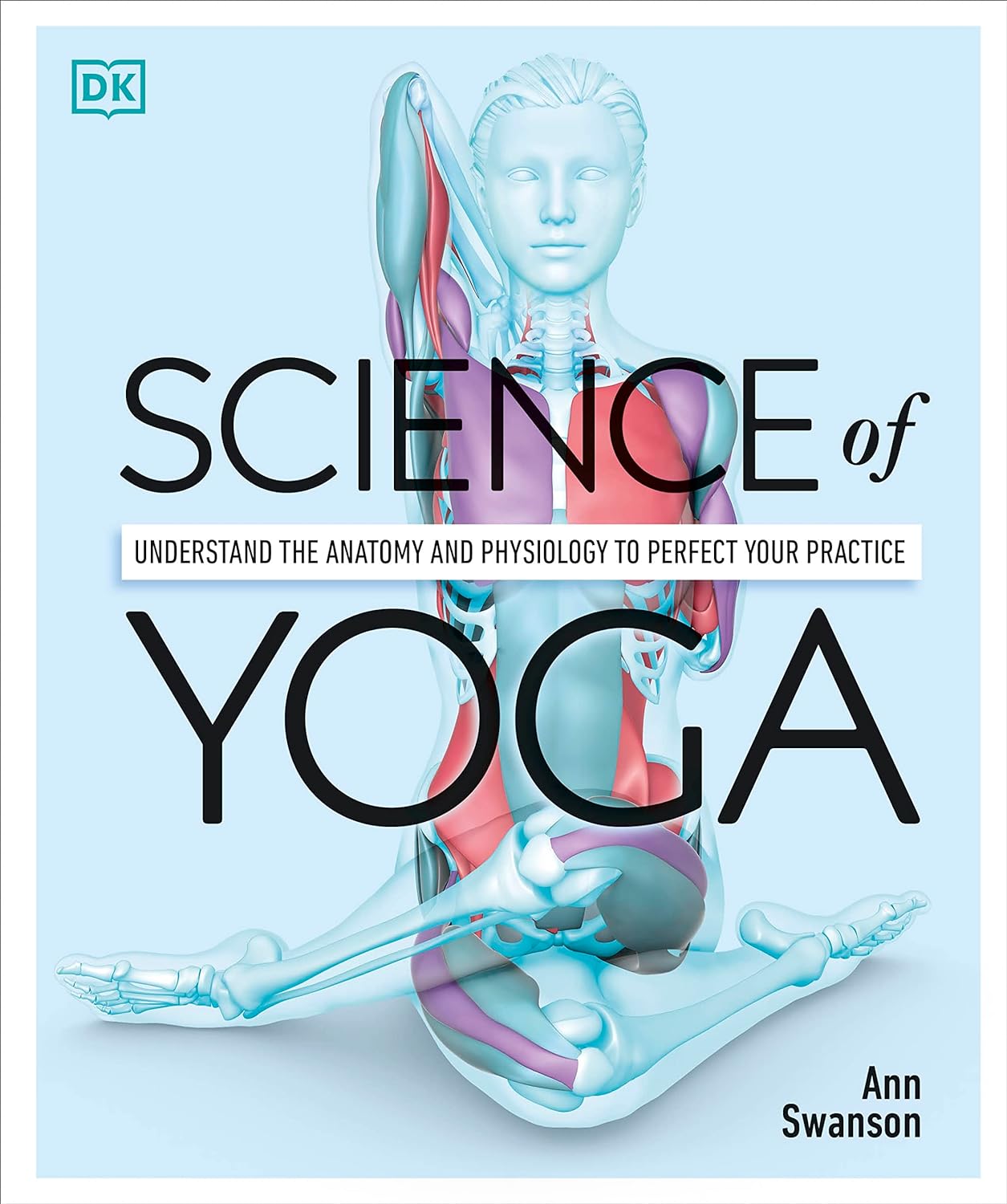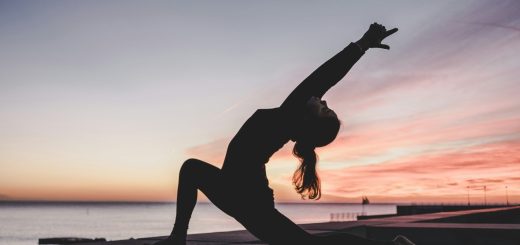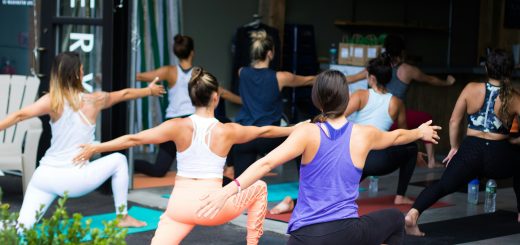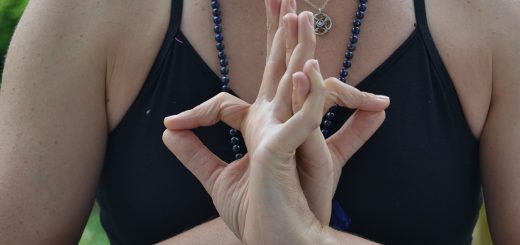Yoga Poses for Core Stability: Strengthen Your Center
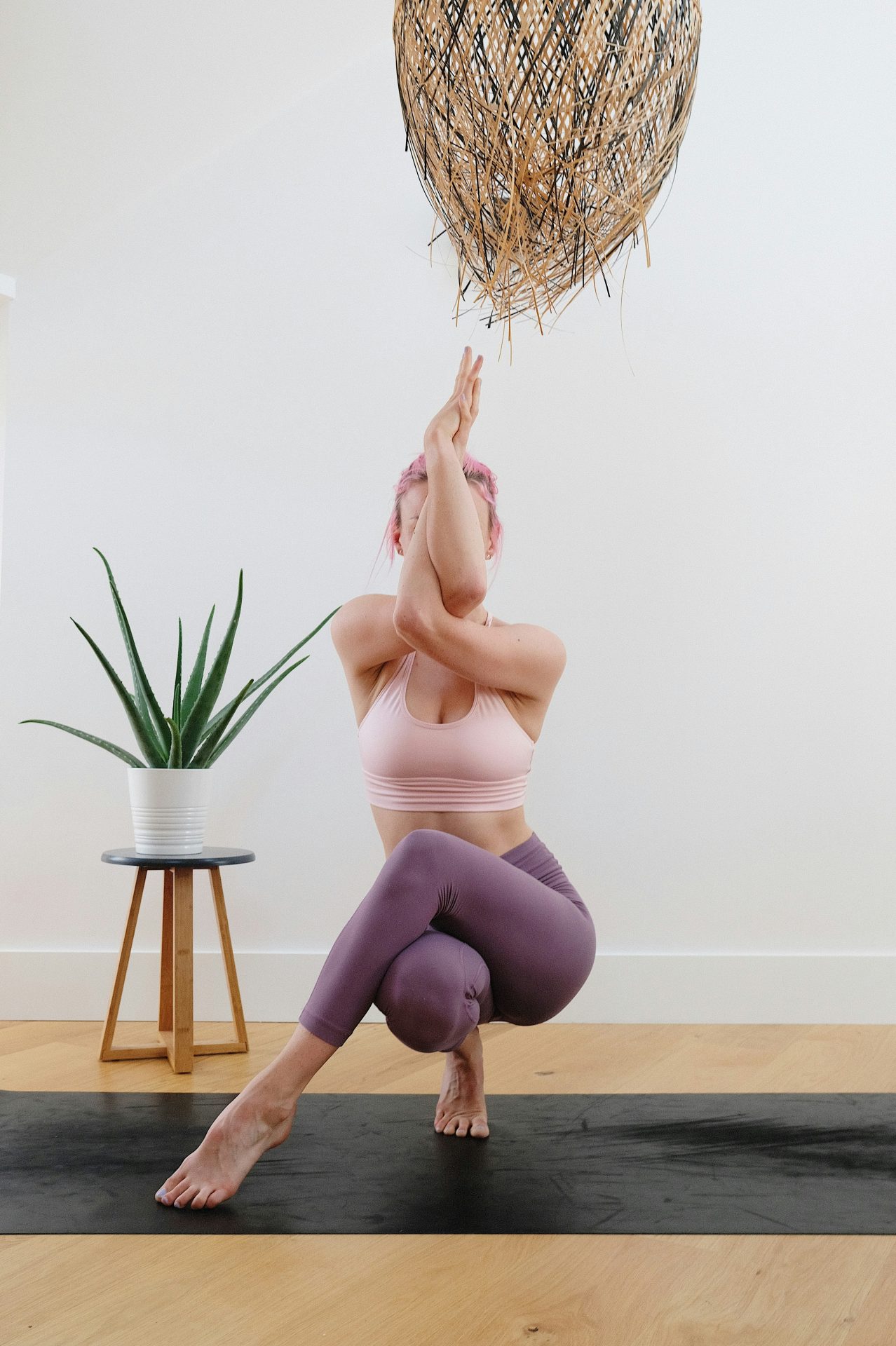
Before diving in, please note: This post is for informational purposes only. If you’d like to know more about how we approach topics, feel free to check out our friendly Disclaimer Page.
Hey there, amazing readers! 🖐️ Just a quick note: yes, we know there are a lot of ads here. Trust us, we get it—it’s not the prettiest look, but they help us keep this blog alive and kicking. Those pesky little ads cover the costs of all the behind-the-scenes magic, from hosting and tech stuff to creating content we hope you’ll love.
We’re committed to delivering quality posts, and your support (even just sticking around despite the ads) means everything to us. So, bear with us, and thanks for helping us keep the good vibes rolling. Now, on to the fun stuff! 😉
TRANSLATE BUTTON AT THE END OF THE ARTICLE
A Quick Overview
Core stability is a crucial aspect of a successful yoga practice.
The core muscles, which include the abdominals, obliques, and lower back muscles, provide support and stability for the entire body during yoga poses.
Strengthening the core not only improves your balance and posture but also helps prevent injuries by supporting the spine.
By incorporating specific yoga poses that target the core muscles, you can build strength, endurance, and flexibility in this important area of the body.
Boat Pose (Navasana): A Beginner-Friendly Core Strengthening Pose
Boat Pose, also known as Navasana, is a foundational yoga pose that targets the abdominals and hip flexors.
To practice Boat Pose:
Sit on the mat with your legs extended in front of you.
Lean back slightly and lift your legs off the ground, bringing your shins parallel to the floor.
Extend your arms forward, parallel to the legs, palms facing each other.
Hold the pose for several breaths, engaging the core muscles to maintain balance.
Boat Pose is an excellent pose for beginners looking to build core strength.
As you become more comfortable with the pose, you can challenge yourself by straightening your legs and reaching your arms overhead.
Plank Pose (Phalakasana): Building Core Strength and Endurance
Plank Pose, or Phalakasana, is a classic yoga pose that engages the entire core, including the abdominals, obliques, and lower back muscles.
To practice Plank Pose:
Start in a push-up position with your hands directly under your shoulders and legs extended behind you.
Engage your core muscles and hold your body in a straight line from head to heels.
Hold the pose for 30 seconds to a minute, breathing deeply.
Plank Pose not only strengthens the core but also improves shoulder stability and overall body awareness.
For an added challenge, try lifting one leg at a time or transitioning into Side Plank Pose.
Warrior III (Virabhadrasana III): Balancing for Core Stability
Warrior III, or Virabhadrasana III, is a challenging standing pose that requires both strength and balance.
To practice Warrior III:
Begin in Mountain Pose at the top of your mat.
Shift your weight onto one leg and hinge forward at the hips, extending the other leg straight back behind you.
Reach your arms forward alongside your ears, palms facing each other.
Engage your core to maintain balance and lengthen through the entire body.
Warrior III strengthens the core, legs, and shoulders while improving balance and focus.
Practice this pose regularly to build core stability and enhance overall body awareness.
Side Plank (Vasisthasana): Strengthening Your Obliques and Core
Side Plank, or Vasisthasana, is a challenging arm balance pose that targets the obliques and core muscles.
To practice Side Plank:
Begin in Plank Pose with your hands directly under your shoulders.
Shift your weight onto one hand and the outer edge of your foot, stacking your feet on top of each other.
Lift your hips and reach your top arm toward the sky, creating a straight line from head to heels.
Engage your core and hold the pose for several breaths.
Side Plank not only strengthens the core but also improves arm and shoulder strength.
For a modification, you can place your bottom knee on the ground for added support.
Dolphin Plank Pose: Activating Your Core Muscles and Shoulders
Dolphin Plank Pose is a variation of Plank Pose that targets the core muscles and shoulders.
To practice Dolphin Plank Pose:
Begin in Dolphin Pose with your forearms on the mat, elbows directly under your shoulders.
Step your feet back, coming into a forearm plank position.
Engage your core and hold the pose for several breaths, keeping your body in a straight line.
Dolphin Plank Pose strengthens the core, shoulders, and arms while improving overall body awareness.
Focus on maintaining proper alignment and breathing deeply throughout the pose.
Half Moon Pose (Ardha Chandrasana): Core Engagement and Balance
Half Moon Pose, or Ardha Chandrasana, is a standing balance pose that requires core engagement and stability.
To practice Half Moon Pose:
Begin in Triangle Pose with your front leg straight and back foot turned out slightly.
Place your hand on the mat in front of your front foot and lift your back leg off the ground.
Extend your top arm toward the sky, stacking your shoulders.
Engage your core to stabilize the pose and hold for several breaths.
Half Moon Pose strengthens the core, legs, and glutes while improving balance and coordination.
Practice this pose regularly to enhance core stability and overall body awareness.
Bridge Pose (Setu Bandhasana): Core Stability and Hip Strength
Bridge Pose, or Setu Bandhasana, is a backbend pose that targets the core muscles, glutes, and hip flexors.
To practice Bridge Pose:
Lie on your back with your knees bent and feet hip-width apart.
Press into your feet and lift your hips toward the sky, engaging your core and glutes.
Interlace your hands underneath your back and roll onto your shoulders, creating a gentle backbend.
Hold the pose for several breaths, focusing on lengthening through the spine.
Bridge Pose is an excellent pose for building core stability, hip strength, and flexibility.
Practice this pose regularly to improve posture and strengthen the muscles that support the spine.
Boat Pose Variation: Advanced Core Strengthening and Balancing
Boat Pose Variation is an advanced variation of Boat Pose that challenges the core muscles and balance.
To practice Boat Pose Variation:
Start in Boat Pose with your legs lifted and arms extended forward.
Slowly lower your legs and torso toward the mat, keeping them hovering a few inches above the ground.
Hold the pose for several breaths, engaging the core to lift back up to Boat Pose.
Boat Pose Variation strengthens the entire core, including the abdominals, obliques, and lower back muscles.
Focus on maintaining proper alignment and breathing deeply throughout the pose.
Revolved Triangle Pose (Parivrtta Trikonasana): Core Twisting
Revolved Triangle Pose, or Parivrtta Trikonasana, is a twisting pose that targets the core muscles, obliques, and spine.
To practice Revolved Triangle Pose:
Begin in Triangle Pose with your front leg straight and back foot turned out slightly.
Place your hand on the mat in front of your front foot and reach your top arm toward the sky.
Twist your torso, bringing your top arm across your body and hooking your elbow outside your front knee.
Engage your core to deepen the twist and hold for several breaths.
Revolved Triangle Pose strengthens the core, improves spinal mobility, and detoxifies the body.
Practice this pose regularly to enhance core stability and promote healthy digestion.
Forearm Plank Pose: Enhancing Core Stability and Shoulder Strength
Forearm Plank Pose is a challenging variation of Plank Pose that targets the core muscles, shoulders, and arms.
To practice Forearm Plank Pose:
Begin in Dolphin Pose with your forearms on the mat, elbows directly under your shoulders.
Step your feet back, coming into a forearm plank position.
Engage your core and hold the pose for several breaths, keeping your body in a straight line.
Forearm Plank Pose strengthens the core, shoulders, and arms while improving overall body awareness.
Focus on maintaining proper alignment and breathing deeply throughout the pose.
Wind-Relieving Pose (Pavanamuktasana): Core Compression and Release
Wind-Relieving Pose, or Pavanamuktasana, is a gentle yoga pose that compresses the core and releases tension in the digestive system.
To practice Wind-Relieving Pose:
Lie on your back with your legs extended.
Bend one knee into your chest and clasp your hands around the shin.
Gently hug the knee toward your chest, compressing the core.
Hold the pose for several breaths before switching sides.
Wind-Relieving Pose helps improve digestion, release tension in the lower back, and compress the core muscles.
Practice this pose regularly to promote healthy digestion and reduce bloating.
Conclusion
Incorporating yoga poses that target the core muscles is essential for building strength, stability, and balance in your practice.
By regularly practicing poses like Boat Pose, Plank Pose, and Side Plank, you can strengthen your abdominals, obliques, and lower back muscles to support the spine and improve overall body awareness.
Whether you’re a beginner or advanced yogi, adding core-strengthening poses to your routine can help you enhance your practice and prevent injuries.
Remember to listen to your body, engage your core, and breathe deeply as you work on building core stability through yoga.

The Enlightenment Journey is a remarkable collection of writings authored by a distinguished group of experts in the fields of spirituality, new age, and esoteric knowledge.
This anthology features a diverse assembly of well-experienced authors who bring their profound insights and credible perspectives to the forefront.
Each contributor possesses a wealth of knowledge and wisdom, making them authorities in their respective domains.
Together, they offer readers a transformative journey into the realms of spiritual growth, self-discovery, and esoteric enlightenment.
The Enlightenment Journey is a testament to the collective expertise of these luminaries, providing readers with a rich tapestry of ideas and information to illuminate their spiritual path.
Our Diverse Expertise 🌟
While our primary focus is on spirituality and esotericism, we are equally passionate about exploring a wide range of other topics and niches 🌍📚. Our experienced team is dedicated to delivering high-quality, informative content across various subjects ✨.
To ensure we provide the most accurate and valuable insights, we collaborate with trusted experts in their respective domains 🧑🏫👩🏫. This allows us to offer well-rounded perspectives and knowledge to our readers.
Our blog originally focused on spirituality and metaphysics, but we’ve since expanded to cover a wide range of niches. Don’t worry—we continue to publish a lot of articles on spirituality! Frequently visit our blog to explore our diverse content and stay tuned for more insightful reads.

